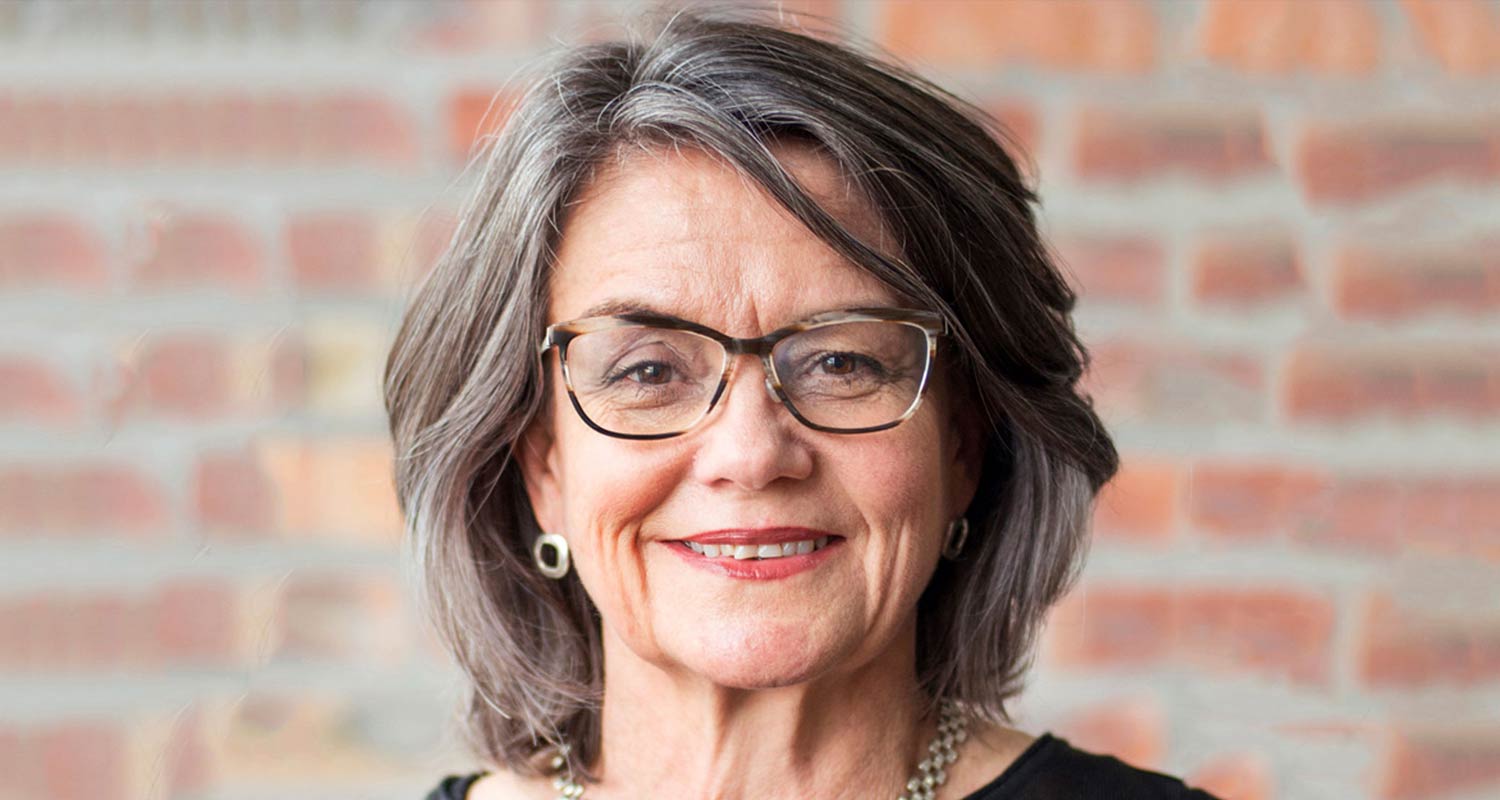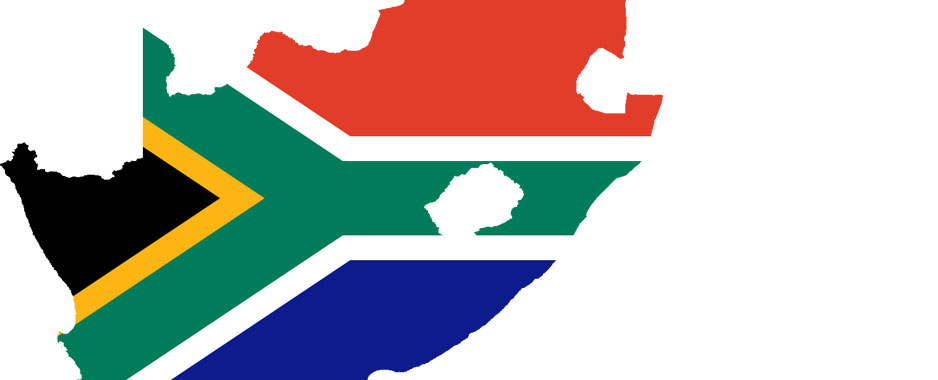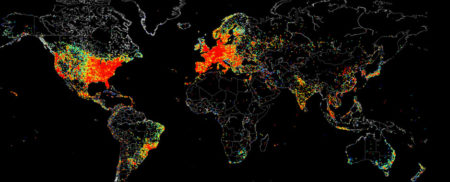
The United Nations last week adopted a Global Digital Compact (GDC). The 193 member states of the UN General Assembly, which includes South Africa, agreed to the compact, which is aimed at creating an “open, safe and secure digital future for all”.
Alison Gillwald, executive director of Research ICT Africa, said the GDC stems from the recognition by the UN during the Covid-19 pandemic of the compounding impact digital inequality has on the vulnerable.
“This is a messy process of consensus but it results in significant compromises,” said Gillwald, describing the negotiation process in drawing up the document and getting member states to agree to its wording.
“Countries including South Africa held for the use of a solidarity fund for AI development. But there is no solidarity fund for infrastructure deficits or to address inequality,” she said.
According to the UN, digital technologies are dramatically transforming the world, while offering immense potential benefits for the well-being and advancement of people, societies and the planet. These goals can only be achieved, it said, through strengthened international cooperation that closes all digital divides between and within countries.
Through the GDC, the UN aims to foster intergovernmental cooperation on the access to and use of digital tools. The main objectives outlined in the GDC document are to:
- Close all digital divides and accelerate progress across the UN’s Sustainable Development Goals;
- Expand inclusion in and benefits from the digital economy;
- Foster inclusive, open, safe and secure digital spaces that respect, protect and promote human rights;
- Advance responsible, equitable and interoperable data governance approaches; and
- Enhance international governance of artificial intelligence for the benefit of humanity.
One of the key focus areas of the GDC is supporting the creation of digital public goods and public digital infrastructure. Digital public goods include open-source software, open data, open artificial intelligence models, open standards and open content that “adhere to privacy and other international laws”, per the document. Digital public goods are meant to empower individuals and societies to direct technology towards their developmental needs.
But according to Gillwald, some of the compromises made in getting to the final version of the document have weakened its efficacy by failing to account for the linkages between the digital divide and deep structural inequalities within societies.
Gaps
She said the removal of a solidarity fund for infrastructure and another to address digital inequality, while keeping one for the development of AI, will only exacerbate the gaps between those who are barely connected and those who are already empowered to participate in the digital economy.
She acknowledged the importance of addressing some demand-side inhibiting factors such as access to devices and data, but emphasised that without education, access on its own is meaningless and will not empower people to “contribute to the wealth of nations”.
Read: South Africa publishes national AI policy framework
“There are things you must get in place before you get to the digital economy, digital single markets and the information economy. It’s not just about affordable access but also about meaningful access,” said Gillwald.
Another key aspect of the GDC is its treatment of issues regarding the impact of digital technologies on climate change. The growth in demand for generative AI tools has once again put carbon emissions by the tech sector in the spotlight. AI workloads require vastly expanded computing power resources to execute, leading to a surge in power consumption.

The cooling requirements for chips running AI workloads tend to use much more water, too. Unfortunately, parts of the GDC dealing with climate change and technological advancement did not make it into the final version of the document, according to Gillwald.
She did acknowledge, however, that despite these compromises, the need for global governance structures “that will protect people from the [digital] harms” is so great that the consensus reached by the general council on the GDC is a “peg in the ground” from which further progress can be achieved. – © 2024 NewsCentral Media



